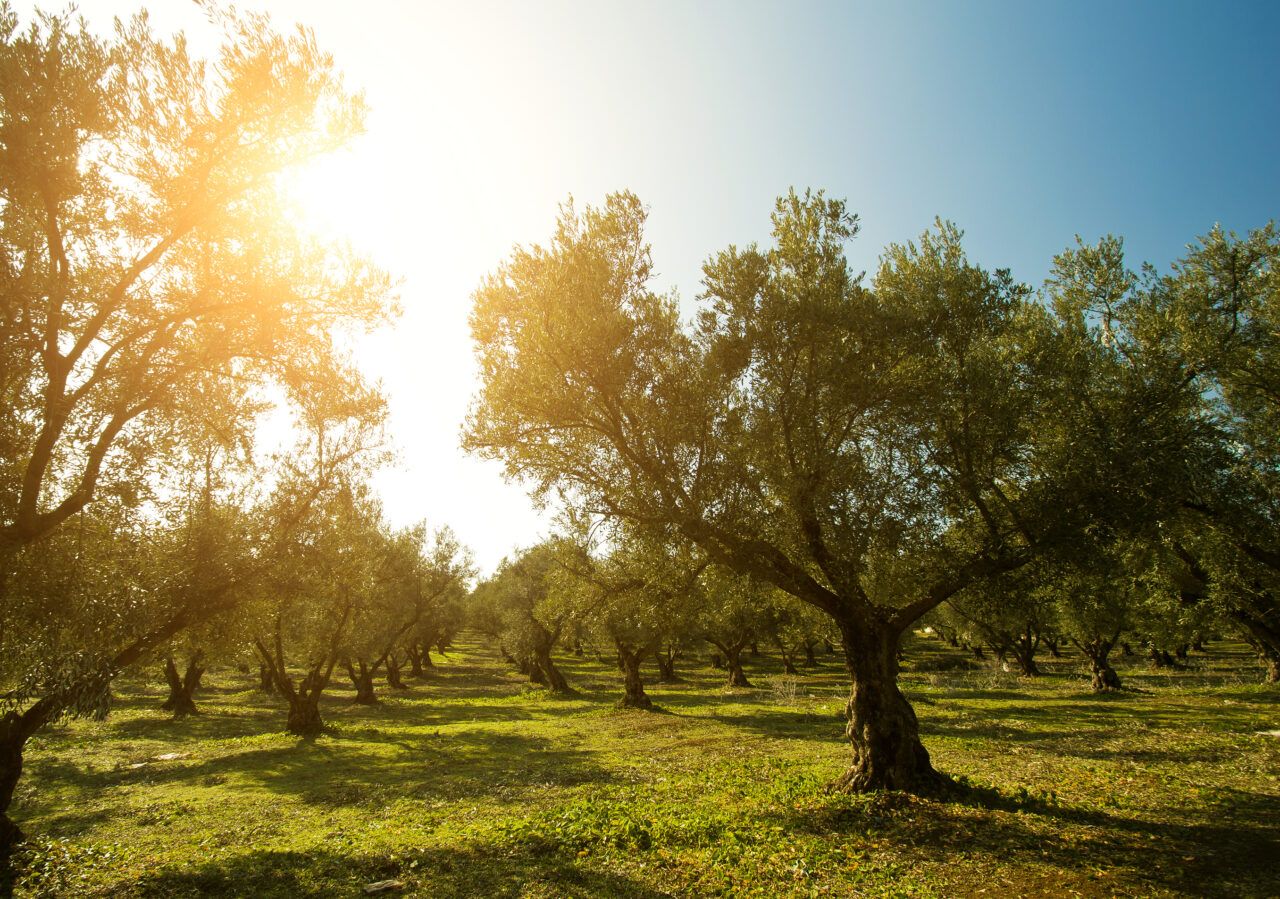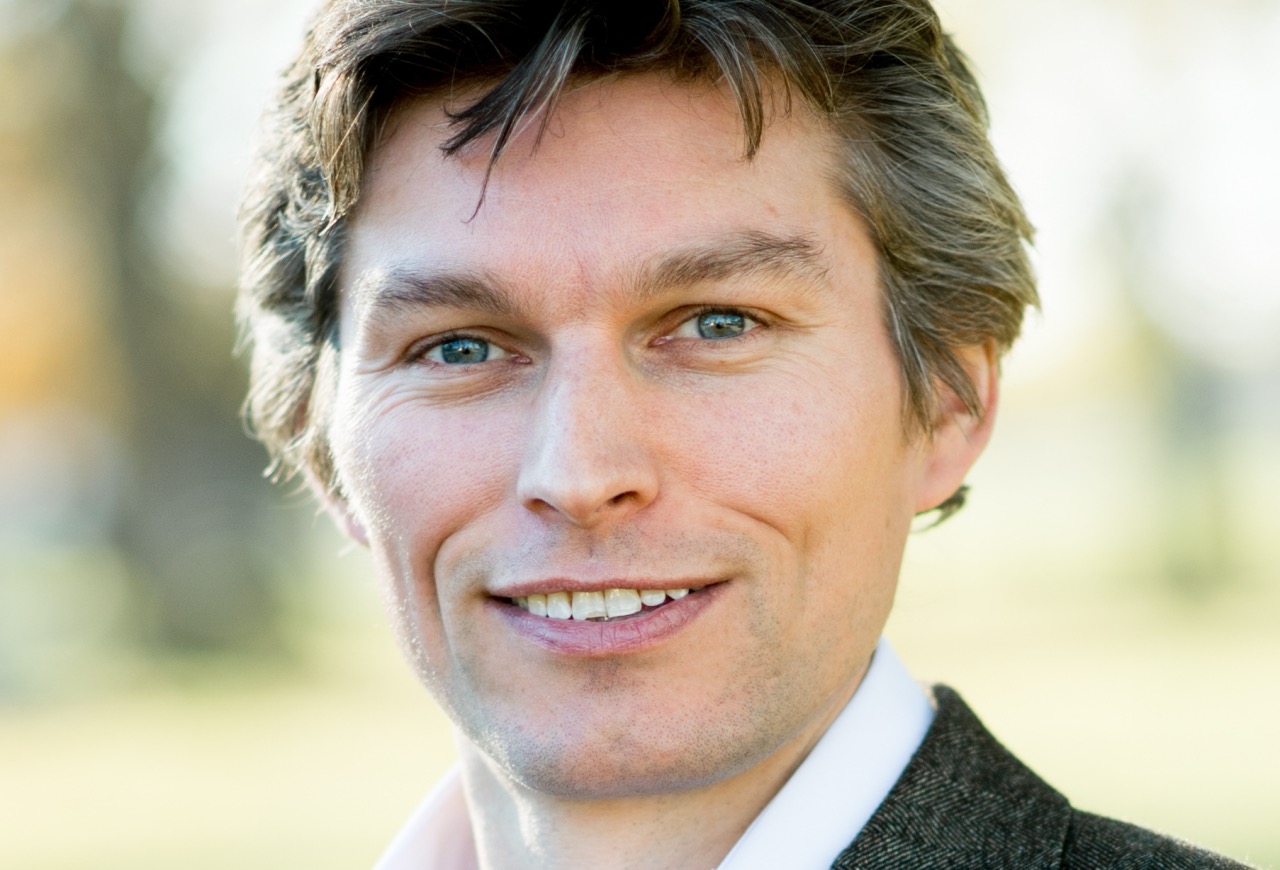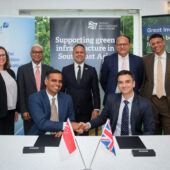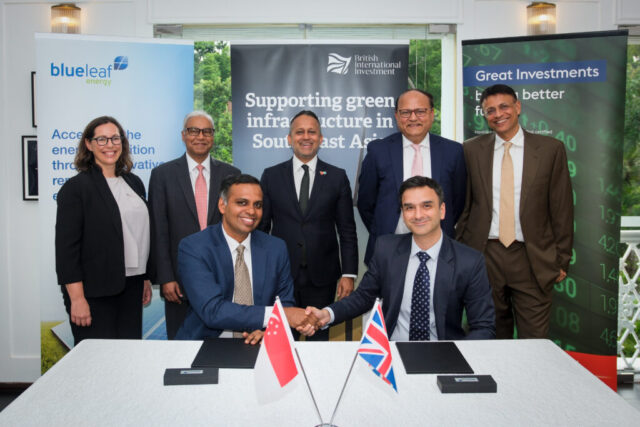SLM Partners invests to scale up ecological farming and forestry systems. Managing partner Paul McMahon reflects on the sector’s crucial role in combating climate change and the future of sustainable farming

CV
- Managing partner, SLM Partners, 2009-present
- Vice-president, Climate Change Capital, 2008-9
- Advisor on SME Finance, UNDP/Indonesian Government 2007-8
- Engagement manager, McKinsey & Co, 2002-6
- PhD, Cambridge University, History, 1996-2001
- University College, Dublin, History & Philosophy, 1992-6
SLM Partners invests in ecological farming and forestry. It manages 465,232 hectares of land and US$210m in assets across three continents.
The firm seeks “to deliver market-rate financial returns by investing in real assets, while generating positive impacts on soil health, water, biodiversity, and carbon storage, and building resilience to climate change and other risks”.
Managing partner Paul McMahon grew up in Dublin with a mother from a farming background but he tells Impact Investor it was really his interest in climate change which led him along this path.

“I met my business partner Justin Mundy working at Climate Change Capital and together we decided to spin off in 2009 and explore the sustainable farming space. Our aim was to build a boutique which would deploy scale-up capital,” he explains.
“In the early days, people advocating ecological farming were often dismissed as elitist or as hippies. But I believe that this is a wholly practical solution to the dilemma facing our planet.”
At the initial stage, SLM Partners was financed privately by those working in the business but in 2012 the partners launched their first fund, focused on the Australian market, for which they raised money from European pension funds.
Key themes
Since then, SLM has established several funds and separate accounts backed by institutional investors and family offices.
McMahon says: “We are not interested in mainstream farming. What we get excited about is finding ecological ways to manage land especially where we can partner with local farmers and foresters.”
The SLM impact report lists five themes that are important for the business, but McMahon highlights two – biodiversity and climate change.
“I believe the role ecologically-managed farming land can play as carbon sinks is crucial in combating climate change. It is increasingly recognised internationally that nature-based climate solutions will be needed to remove carbon from the atmosphere and limit global warming.”
According to SLM, through changed land management practices, soils can transition from being a net carbon emitter to becoming a major carbon sink by sequestering atmospheric carbon (CO2) via photosynthesis, and then locking this carbon in more stable forms.
The conservation and restoration of natural habitats, combined with improved land management actions across global forests, wetlands, grasslands and agricultural lands, can “provide up to 37% of the emission reductions needed by 2030 to keep global temperature increases under 2°”.
Geographically, SLM has a small presence in McMahon’s native Ireland – where the SLM Silva Fund has acquired 1,243 hectares of semi-mature forest plantations. In the United States, SLM manages separate accounts that are helping to scale up organic certified cropland for the production of grains across 14,000 hectares.
But by far the biggest presence by area is in Australia, where SLM manages a fund that has acquired 450,000 hectares of land for grass-fed beef cattle production.
Beef cattle
Beef is not without controversy in sustainable circles. In his book ‘The Business of Less‘, Roland Geyer suggested giving it up is one of the three main things people could do to help the environment.
But McMahon pushes back. “Too many of the criticisms which are rolled out simplistically against the beef industry are based on analysis of feedlot systems, or confined animal operations, which don’t reflect how radically different it can be when you have well-managed livestock in pasture-based systems.”
He adds: “In those cases farming can be not just carbon neutral but actually store more carbon than it emits because of positive impacts on soil carbon. Livestock can integrate well with grain production, with the biological systems working in tandem.”
McMahon cites the paper from Friends of the Earth (FOE), ‘Farming for the Future‘, which discusses what would happen if all of Europe shifted to ecological farming. The implication was that Europe could easily deliver the amount of food that is needed with some modest dietary changes, namely moving away from cereals and some types of meat towards more nuts and vegetables.
According to McMahon, this showed “beef could even be better than other kinds of meat if raised on pasture and integrated with crop production”.
The FOE report pointed out the negative side effects of raising chicken and pork on grains, and pictured a wholly different system that would incorporate raising cattle on grassland that is unsuitable for crops.
European expansion
SLM is currently raising a €250m million fund to invest in sustainable farming and forestry in Europe, centred around tree crops. As part of this, it recently announced an investment in Murcia, Spain involving a partnership with an experienced local organic farmer. This will introduce regenerative farming practices on a 300-hectare orchard for the production of organic-certified almonds, pistachios, and olives.
He says: “In raising capital for this fund, we’re talking to family offices as well as European pension funds.” He observes that generally investors in this inflationary climate are moving away from bonds towards real assets, as they can deliver income yield, capital appreciation and a hedge against inflation.
But, according to McMahon, what really attracts investors is the impact angle. “A lot of them have their own net-zero commitments and a strong desire to track their own emissions – a goal of the fund is to develop a carbon negative portfolio of assets with strong carbon reporting. In addition, there is a lot of interest amongst institutions in the biodiversity metrics.”
Because of this, and the fact that the new investment vehicle will be an Article 9 fund, as defined by SFDR rules, it is very important for them “to have a high level of third-party impact reporting and verification”, he adds.
Next steps
McMahon says: “I see lots of potential growth in all of our geographies and hope every two to three years we will be raising more capital. It is certainly quite feasible that we will have a billion dollars under management within the next five years.”
The main challenges for SLM is fundraising as “we are a small group seeking capital from a wide audience”.
Otherwise, it’s about managing investor expectations on scalability. Ecological farming is not like investing in energy or infrastructure – investors have to be much more patient. “You can’t wave a wand and spend a billion dollars at one go. You need to build it from the ground up. Steady and careful is the way forwards,” he concludes.





